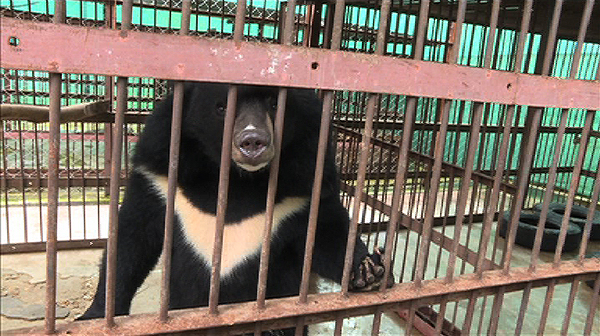 The number may not be high but bear attacks on humans are not uncommon in the country. At least one case of bear attack has been reported almost every year in the last eight years.
The number may not be high but bear attacks on humans are not uncommon in the country. At least one case of bear attack has been reported almost every year in the last eight years.
While an an official statistics on human-bear conflict could not be obtained, a quick scan of news reports on bear attacks show there has been 12 cases from 2010 till date. In 2013, a bear mauled a man in his 50’s to death in Dawakha, Paro.
The most recent case was reported in Wangdue Phodrang where a 40-year-old woman was mauled by a bear in a forest in Gogona village of Bjenag Gewog. The incident happened earlier this month and the woman is still being treated at the National Referral Hospital.
Wildlife conservationists say bears are not a threat unless it is a surprise encounter. “The Chief of the Nature Conservation Division (NCD), Sonam Wangchuk, says research has proved that it is in the nature of any animal to be on the defensive side. “The obvious reaction or action they take is to attack whatever is in front of them,” he said.
He added that it is important to understand the behavior of the animal and act accordingly. “We can avoid attacks by making noise to scare them away or to let them know that somebody is coming their way.”
Wildlife conservationists advise people to avoid walking in the forest during dawn, dusk and dark hours to avoid wildlife encounters. They say people can also avoid close confrontation with wildlife by respecting the space of the animals.
“When we encroach into their territory, this is where the problem starts,” said the NCD Chief. “Every problem arises because of food resources. Animals also need food resources like humans do. When we start competing for the same resources, I think this is where the conflict arises.”
Bear attacks are common in the months of June, July and August since it’s their breeding season. Wildlife conservationists say the animal is found more in Tsachuphu in Punakha due to the abundance of oak nuts in the area.
The Nature Conservation Division (NCD) recorded a total of 50 human-wildlife conflict cases so far this year. Of that, two were human-bear conflict. Last year, the division received reports of 74 cases. Eight were human-bear conflict.












